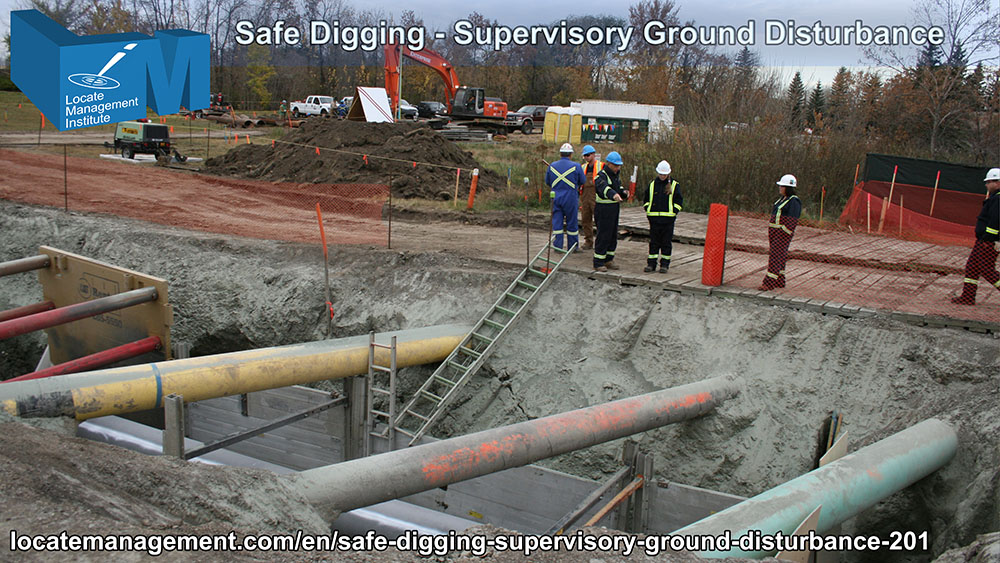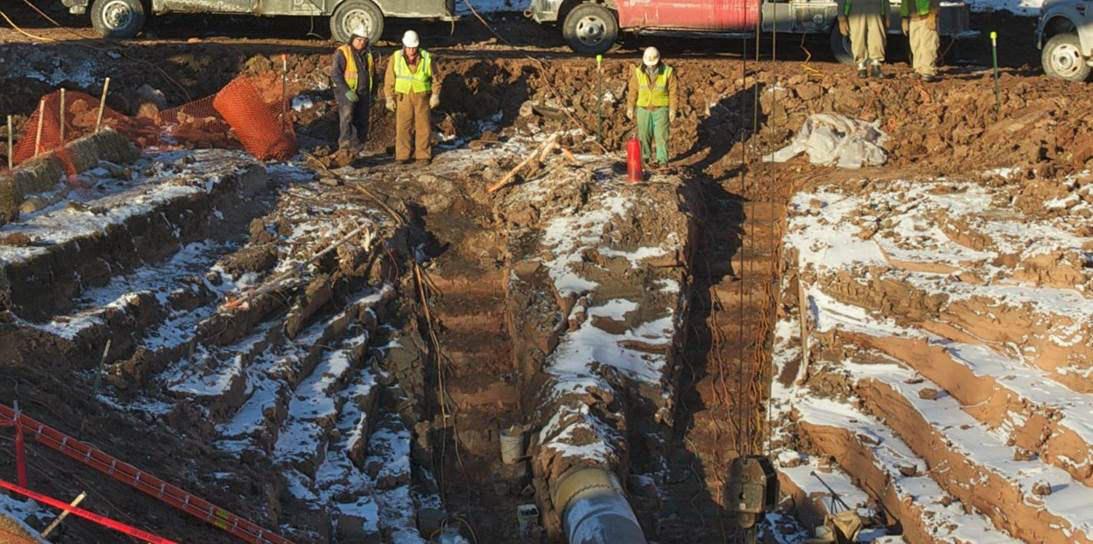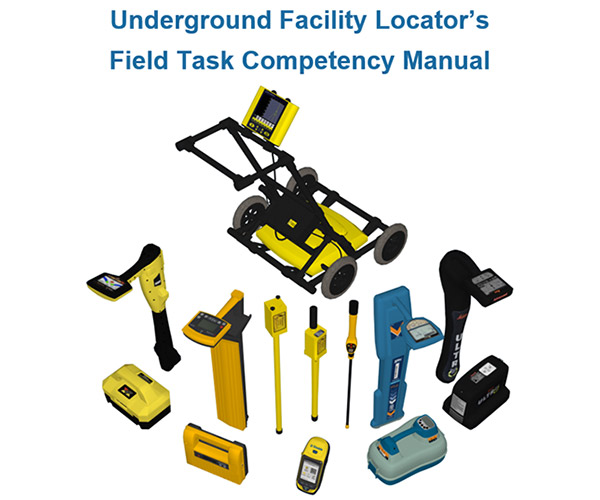For more than 15 years, I have observed the locating and damage prevention industries struggle with inaccurate or vague definitions of locator certificates, certification, competency, and qualifications which has lead to limited advocacy for locator certification programs.
To be accurate, there are important distinctions over the most often-confused terms certificate and certification.
- Certificate – verifies an individual complete a course or courses
- Certification – verifies that an individual has met a set of requirements or standards determined by a third-party assessment
Certificates may be issued to mark
- attendance at a course or event
- completion of a program
- achievement of specific requirements (e.g., field assessment)
Training certificates (with some organizations misleadingly defining these as certifications) do not guarantee that the learner:
- will obtain all the pertinent knowledge
- can demonstrate the entire breadth of skills
- can apply the knowledge and skills safely and properly in real-world situations
We often wrongly assume that when a person obtains a certificate that they are competent. A person may have received an educational certificate or designation but that does not mean they are competent. For example, a person may obtain a teaching degree; however, it does not mean that the person is competent teaching in a classroom. A person may receive a certificate for locator training on direct connection methods, but that doesn’t provide them with the knowledge or skills to solve tracing problems or overcome locating obstacles.
I often get asked, “What certification do I receive after completing your course?”. My response has always been and will always be “You don’t get a certification. You get a certificate – a participation badge – stating that you attended or completed a course.” Employers should be leery of training providers offering certification upon course completion.
Some people think that certification is an entry point into locating or that certification is a one-time event, but that is not a true meaning of certification. A training program that provides foundational knowledge and skills is the entry point into locating. A standardized, independent, and unbiased locator certification program that culminates in a field assessment aims to ensure that a locator can use their skills to deliver optimum locating results regardless of employer or location. This benchmark, of ensuring a more competent locating workforce, has been proven financially successful by reducing damage to the underground infrastructure.
Certification requires substantial field knowledge and skills and should not be considered a part of initial industry education and training. Certification recognizes the locator’s ability to perform identifiable and quantifiable tasks. To maintain certification, an individual needs to be re-assessed or provide proof of continuing education (e.g., continuing education units or C.E.U.s) to the awarding organization, at set intervals. Most industries commonly link a designation (i.e., a name or title) with a certification to distinguish an individual from their industry peers.
Competence means successful demonstration of all competencies in the required criteria. The training program used to train a locator doesn’t determine an individual’s locating competency.
A certificate of competency (COC), also known as a certificate of competence, is certification verifying that a person can perform a task or specific set of tasks safely and skillfully. Certification is dependent on successful demonstration of these tasks. Regular assessment can identify any gaps.
Some employers will reason not to trust a third party in deeming their employees competent. They will determine their own level of competency. But who is deeming that employer competent or that they have the in-house expertise to do so? Are they stating their own competency based on their own self-assessment? Are they deeming their competency level is superior to an industry standard/benchmark? How are they determining that? It is possible that an employer may have a superior program, but, at the very least, they need to measure against a benchmark/standard because not all employers will deem competency to the same level nor will they have the expertise to educate, train or assess to such a benchmark/standard.
Attending a locator training course doesn’t necessarily qualify a person to locate for a particular company. Successfully completing a competency-based locator certification program may not mean a person is qualified to perform all required locating tasks under all conditions for all work assignments. An employer will need to educate, train, and assess beyond the benchmark/standard. For example, A Locator may require several training tickets (e.g., WHMIS, H2S, First Aid) or learn specific process or procedures to work for a specific client. A Locator field benchmark/assessment should evaluate knowledge, skills and behavior for locating and marking underground facilities, not how to perform respond to a request from a notification centre, or not how to perform a company-specific process. Therefore, it is imperative that employers include education, training, and assessment beyond a benchmark/standard to deem a person qualified. This includes measuring behavioral (e.g., people-based, and success-based) competencies at regular intervals.
While employers must ensure competency and qualification, most industries (e.g., airline, construction, electrical, human resources, information technology, marketing, medical, project management, quality assurance) recognize certification. It is time for the locating and damage prevention industries to do the same.



.jpg)
.jpg)
.jpg)
